The Three Musketeers travel to a riverside
One day, the three of us traveled to a riverside. Memory can play tricks on us. I remember the discussion about the place, its proximity to the state border, the craggy rocks, fierce water, and its isolation. Yet, I don’t remember the name of the place, my mind being wiped clean, the disc space formatted, and data lost forever.
I remember taking a bus to the riverside. There were three of us, one girl and two men. I don’t know why I refer to the young woman as a girl: she was a proud married woman, bold! Many men have an atrocious habit of referring to women as girls, and I confess to falling prey to this trap.
The three of us took a bus; our college budget was not enough for a hired taxi. These days, college kids have privileges we could not even dream of, with most of them clubbing, hopping into planes the way we hopped into taxis, and eating at expensive restaurants the way we ate at roadside eateries. Life moves on, and we cannot expect the younger generation to enjoy slumming the way we did. They won’t accept it.
Bangalore and global warming. A digression.
We boarded our rickety bus, which set off southward. I am convinced the riverside we intended to visit lay at the border with Tamil Nadu, the state south of Karnataka. Bangalore (now called Bengaluru) is in Karnataka, on the north-west border of Tamil Nadu. If you wish to know where Bangalore lies on India’s map, look at the image at the bottom. You’d think that Bangalore, being closer to the Equator, will be hotter than Delhi but, the weather is much better. Bangalore lies on the eastern side of the Deccan Plateau, and the slight elevation gives it excellent weather throughout the year. No place is free from the onslaught of global warming. Bangalore is warming, water levels are shrinking, yet people continue to live as though the party will continue forever: the story of many people in many countries.
These gloomy thoughts had not yet come to pass, and our aging bus bounced along the dusty road, plumes of dust rising, entering our nostrils and reddening our eyes. While national highways have improved in the succeeding decades, many state and local roads have not. I will resist the temptation to launch into a discussion on balancing the need for building roads, with that of protecting the countryside. There will be another time to discuss this complex topic.
What do you do in a wild, untamed place?
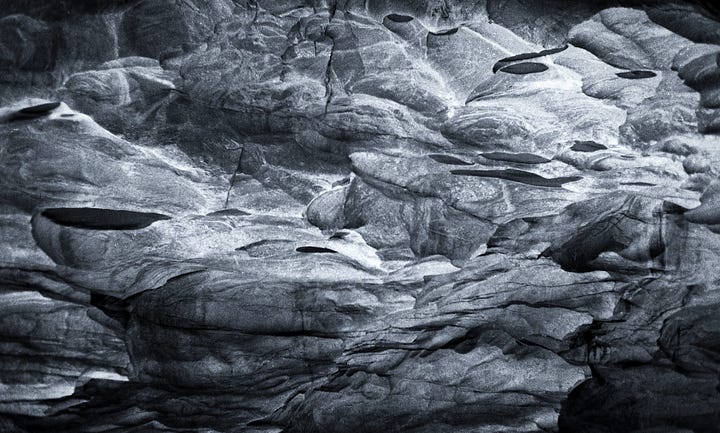
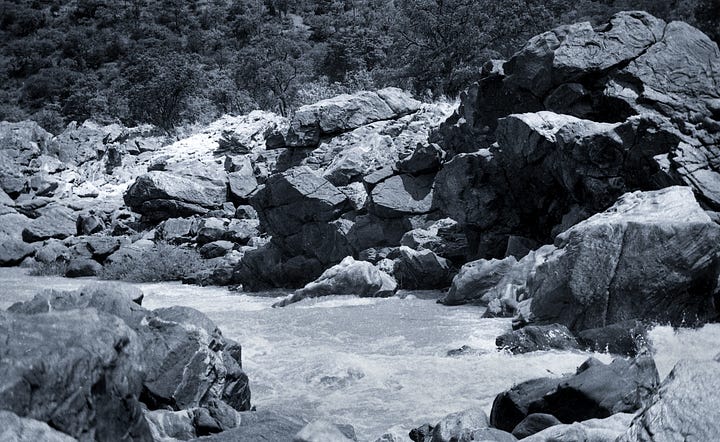
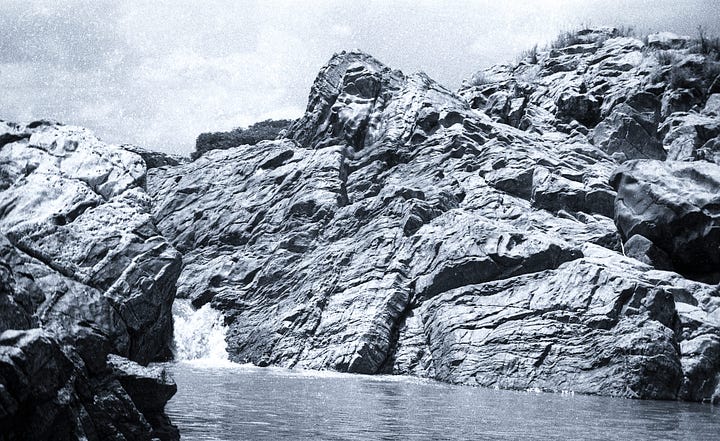
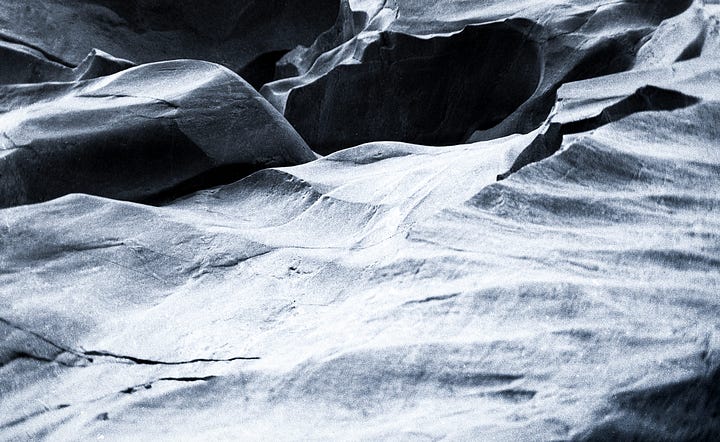
We reached the riverside after a few hours, stretched our sore backs, and set out to explore. To be honest, there was not much to see, apart from the flowing river, craggy rocks, pristine landscape, and the uncut trees in the forested area. The river flowed over a small waterfall, which marked the boundary between the states. We didn’t reach the waterfall; the path was too difficult and slippery. Our lady companion lived in Tamil Nadu, but she didn’t fancy the prospect of floating down the waterfall to her home state.
We suggested the experiment to her, telling her she could then find a way to her hometown and meet her husband. Women can be scary when you suggest something that they dislike, and she was, and remains, no different. I have yet to understand how gentle, peace-loving, mild-mannered women transform themselves into fierce Amazonian warriors, with multiple arms, each wielding a weapon of mass destruction. We suggested, saw the transformation taking place, and backed off like cowards. Gordon Gecko said, ‘Greed is good.’ I’d like to add a corollary and complete the statement. ‘Greed is good, and so is cowardice.’
What do you do when you are at a place where there is nothing to do? Those were primitive days. Our hostel had one payphone, which gobbled our coins with glee and refused to dial the desired number. Mobile phones did not exist, so we could not stare into our phones and ignore each other.
There were no restaurants, movie theaters, Ferris wheels or other modern means of entertainment to distract us. No tourists haunted the area with loud chatter, thumping music, and plastic trash.
We surveyed the landscape, examined the rocks, trees, flowing water, and river bank, and declared it to be magnificent.
I repeat the question: what do you do in a place like this where you have nothing but nature? We chatted, stripped off our trousers, swam in the water, washed the dust off our faces and bodies, lay in the sun and slept, woke up, and explored the area.
What do you do in a place where nothing surrounds you but unspoiled nature? If permitted, I will offer a short answer: you enjoy each other’s company and enjoy the unspoiled beauty of nature. A few years after our visit, the Japanese Forest Authority created the concept of forest bathing. They call it ‘Shinrin Yoku,’ and it is a beautiful concept and name. Of course, we had not heard of Shinrin Yoku but we bathed in nature.
For the last time, I will ask: what do you do in a place where nothing surrounds you but unspoiled nature? You bathe in nature and allow nature to restore you to health. And we bathed in nature without knowing of the concept of nature bathing.
The night at the bus station and returning to college.
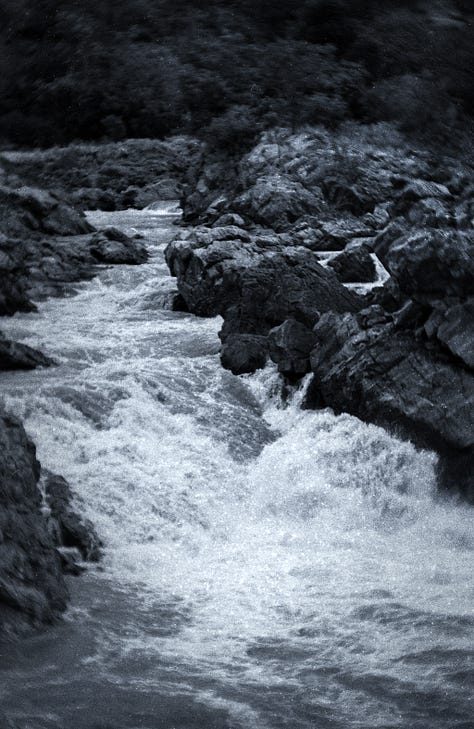
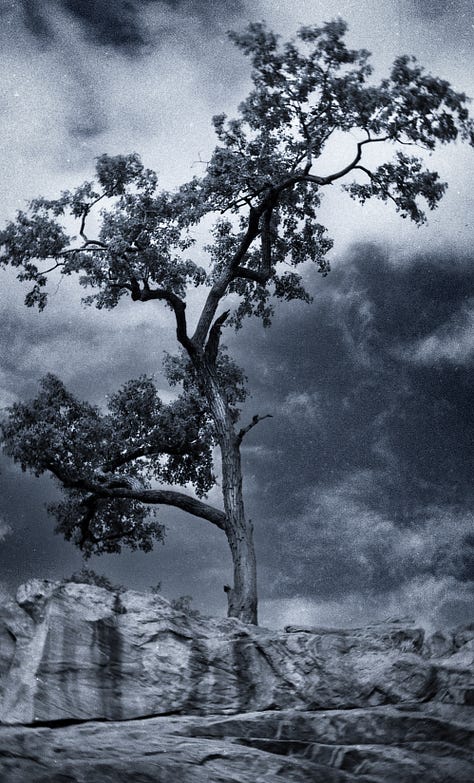
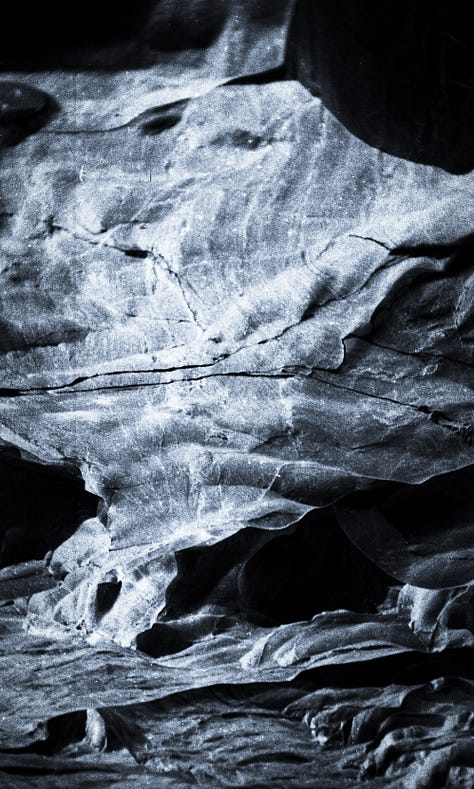
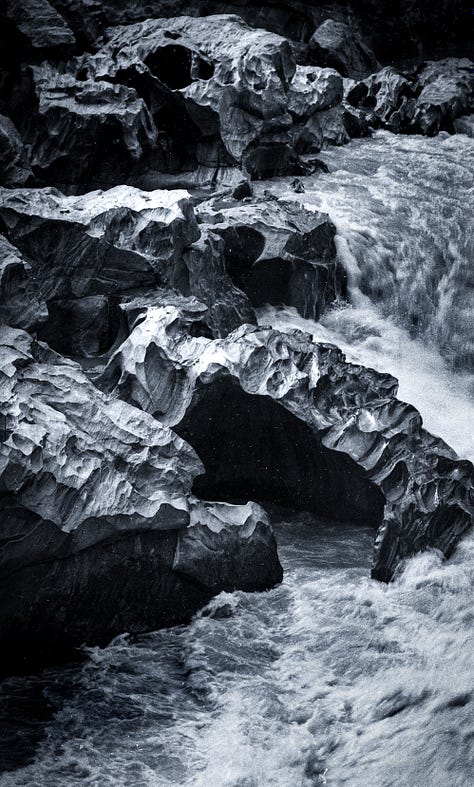
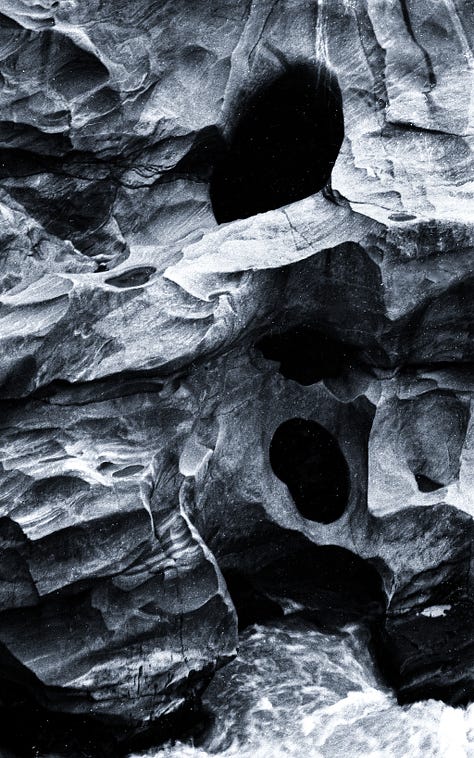
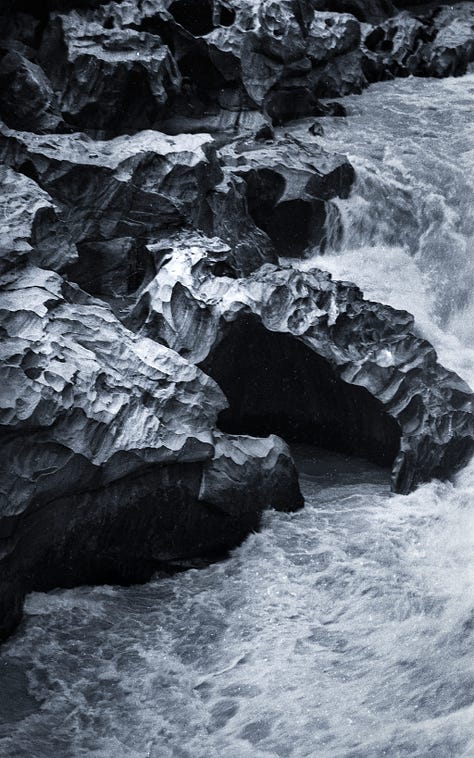
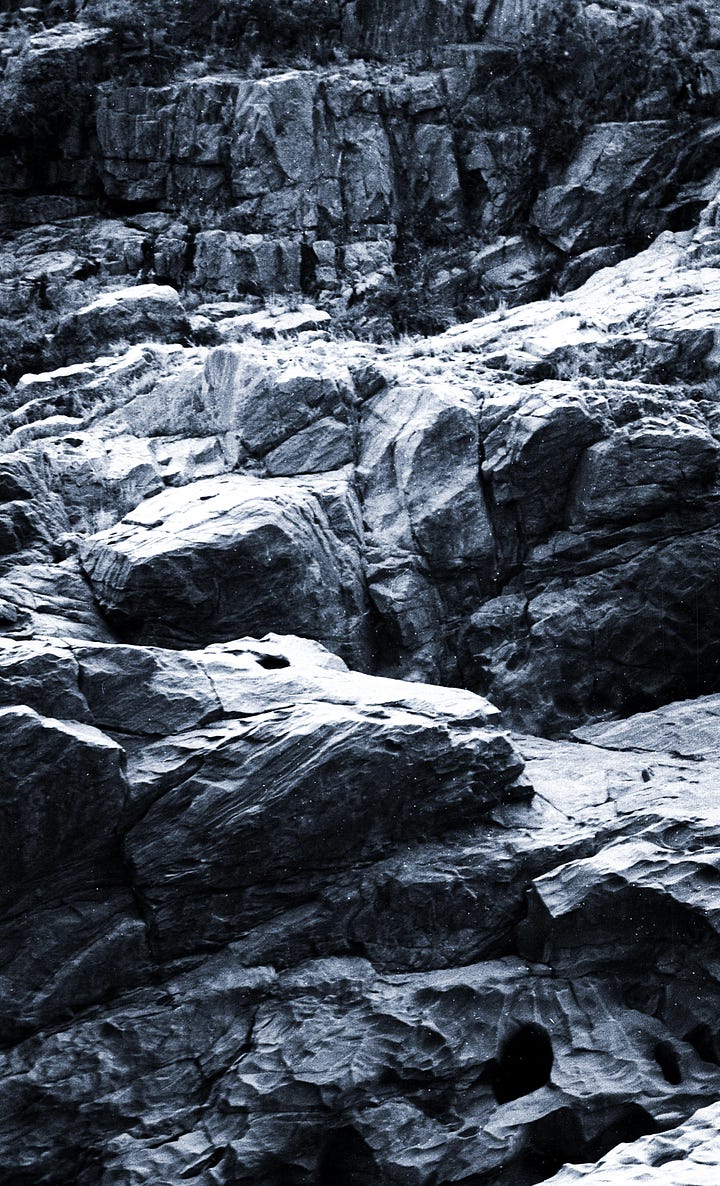
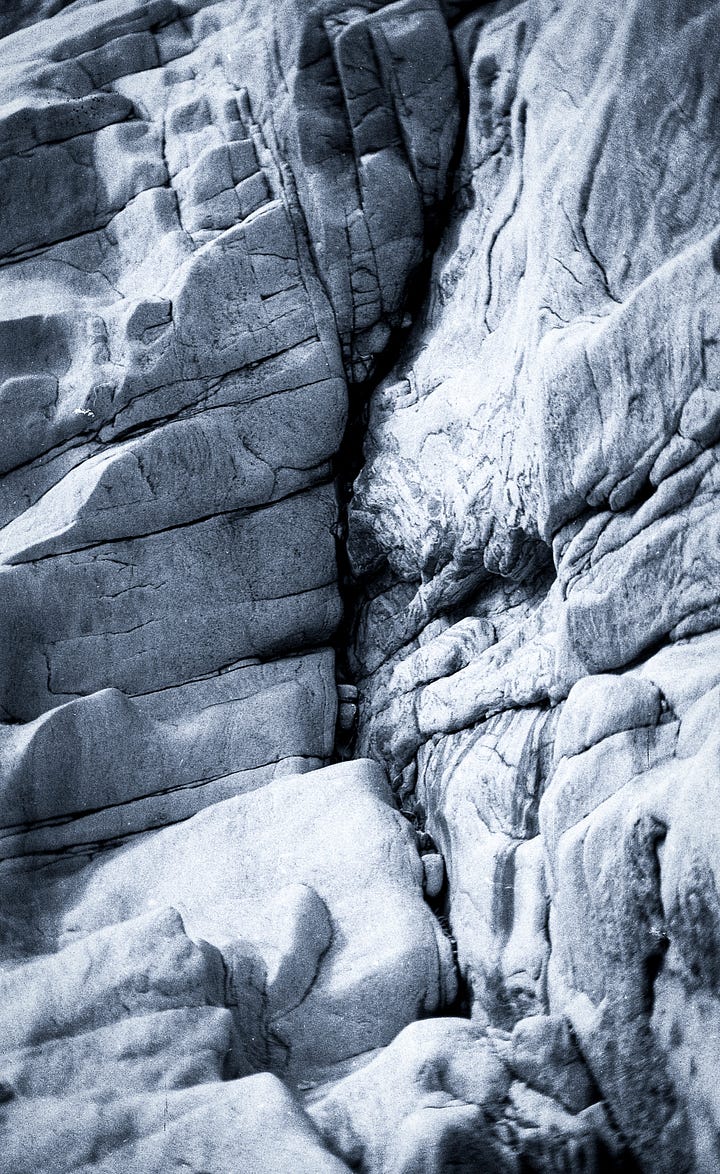
We forgot the time and missed the last bus back to Bangalore. We had no money beyond that required for the fare back to Bangalore and college, so the absence of hotels and restaurants didn't bother us. But we were lucky to have carried extra snacks with us. Gluttony is good! We filled our bottles with river water to quench our thirst. I promise I was drinking water, not booze!
The bus station was open. I guess no one catered to vagrants spending the night there! Apart from a few creaky chairs that threatened to collapse when we sat on them, it was bare. The roof above, the dirty ground below, and an open door pointing to the forested area became our mansion for the night. A man-eating tiger or bear would have found a welcome meal if they had wandered inside.
The floor became our cushioned bed, our knapsacks, and our down pillows, and the ceiling substituted for the starry night. Conversation reigned supreme, and we spoke until the dark sky and shadowy trees insisted we go inside to sleep.
We were ready for the first bus back, waking up at dawn. The incoming bus disgorged a young woman I knew. She looked at the three of us, suspicion running wild in her mad brain. I smiled, kissed her on the cheek, and jumped into the bus before she could smack me on the nose.
The journey back was like the journey out, and hordes (our classmates) surrounded us on our return, demanding to know why we disappeared for the night. They refused to believe our story.
No one likes a simple tale, preferring stories of murder, sex, lies, drama, deceit, vengeance, and glorious victories. Alas, we only had a simple story to share!
If you want to read the earlier posts…
If you want to read the two earlier posts in this nostalgia series click this link for Nandi Hills, and this link for Shivaganga.
Photography & Editing
I shot all the images using black-and-white film, and with my Olympus OM-2n camera. Years later, I scanned the negatives with my Epson flat-bed film scanner. I cleaned and edited the images in the cloud version of Lightroom, and I cooled the photos while editing to simulate a selenium look.




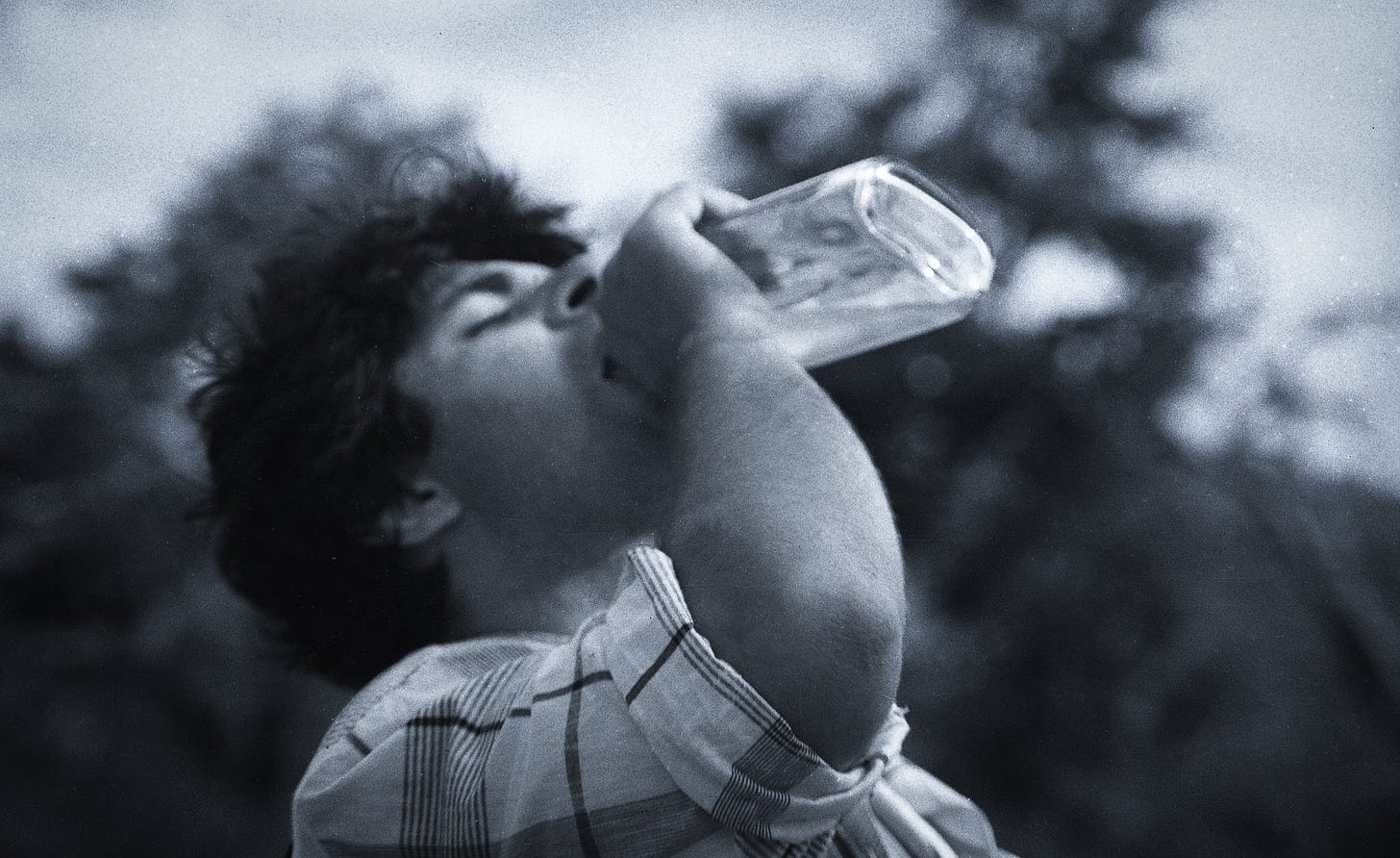
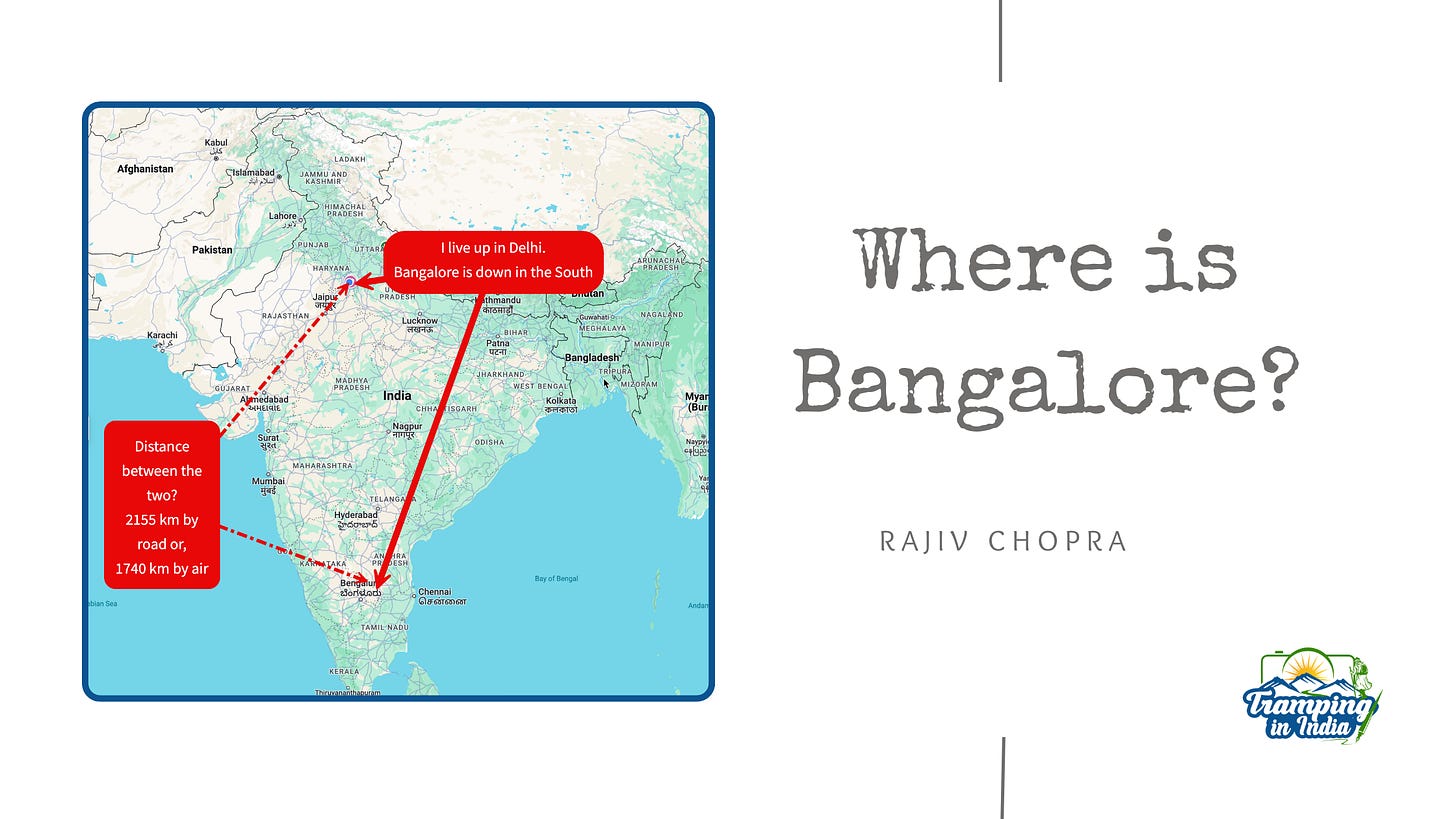
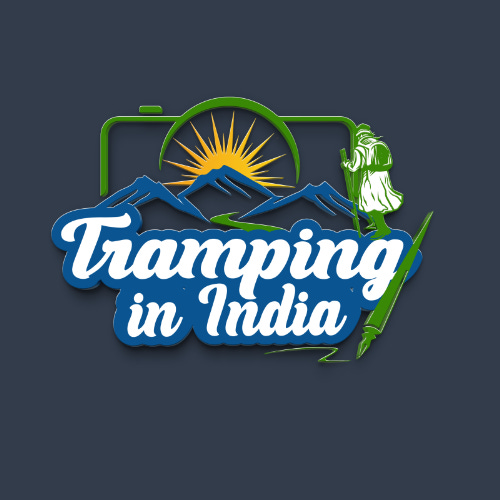



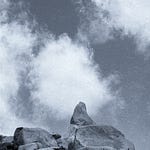

The Three Musketeers at the riverside.